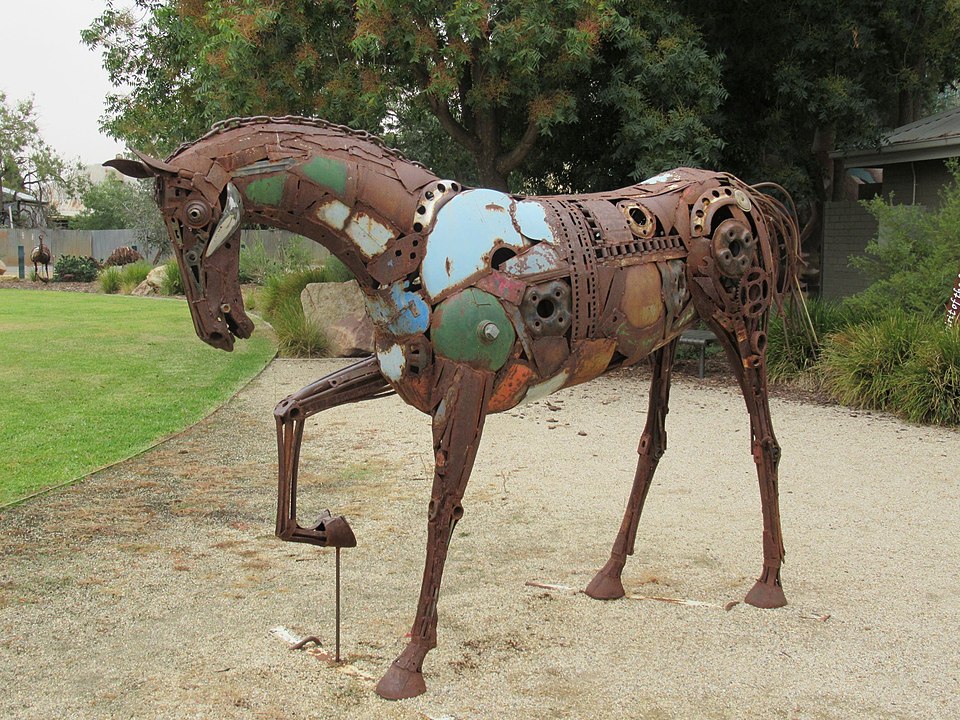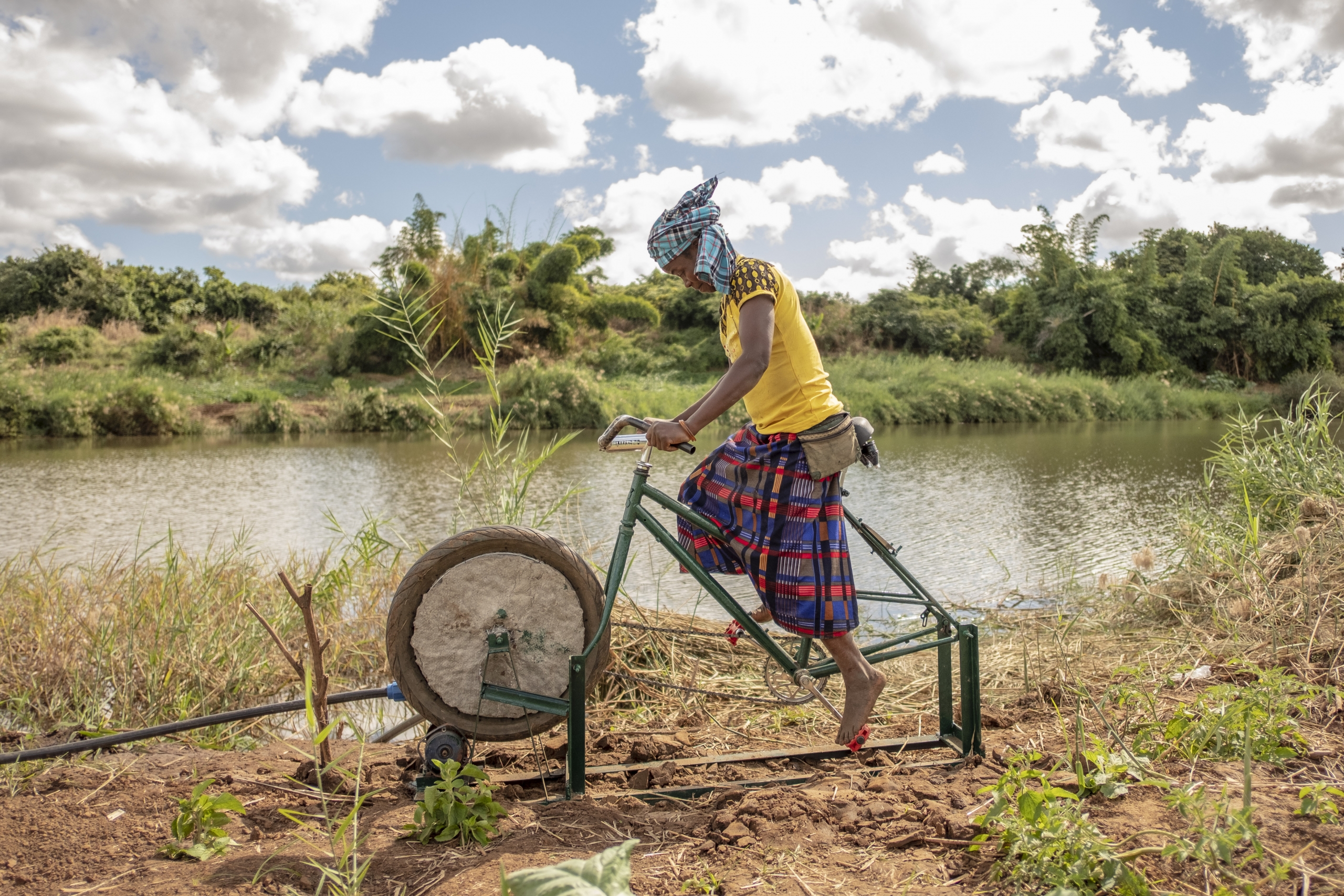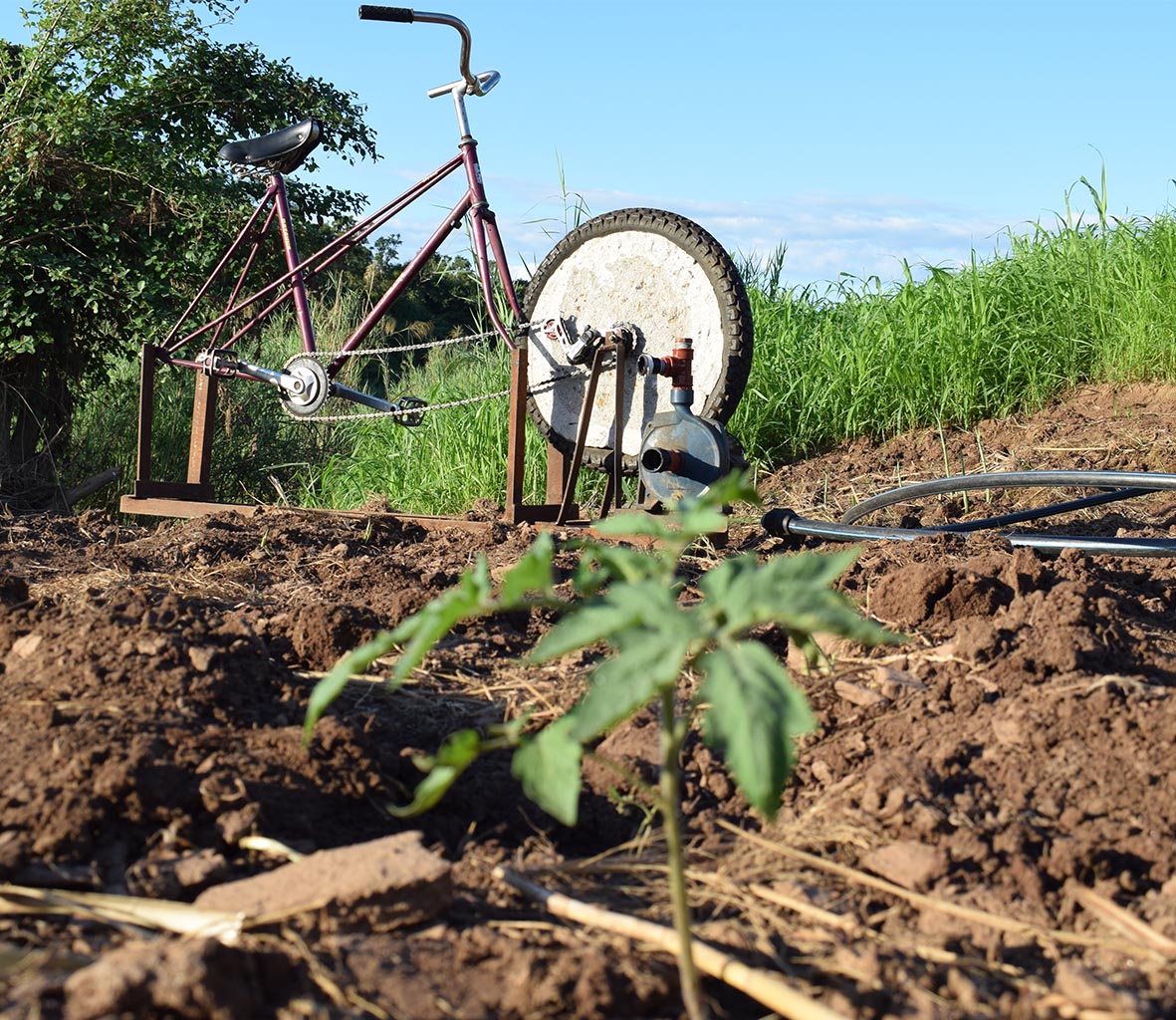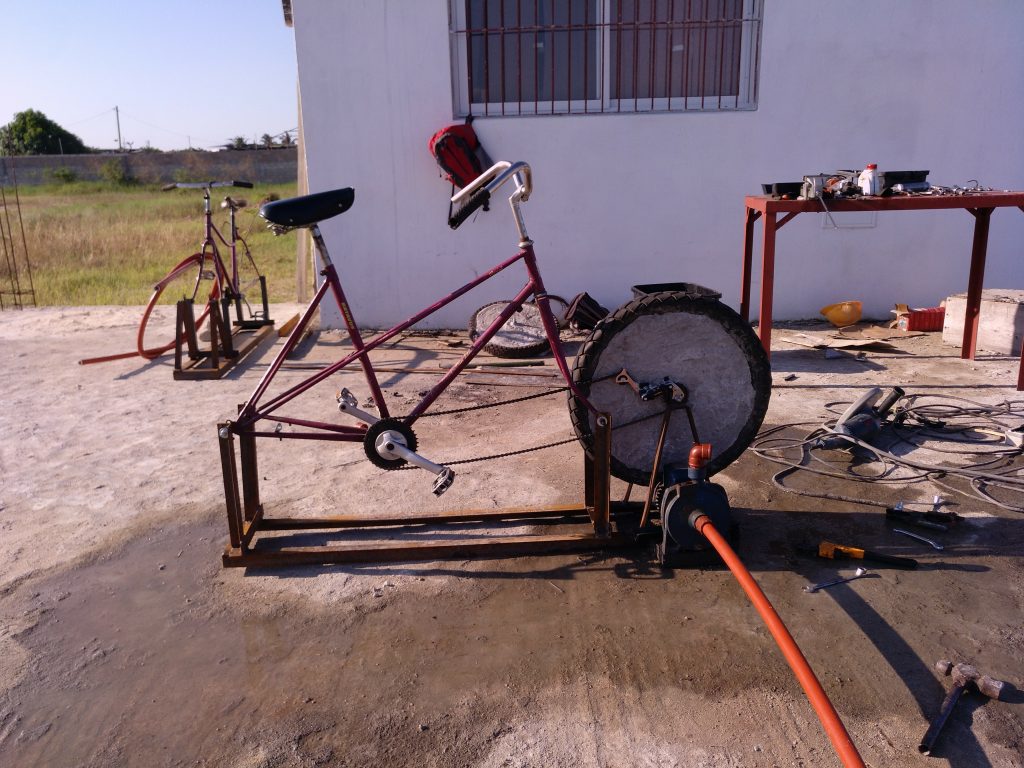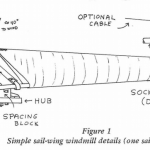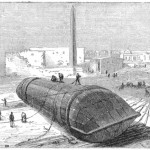Quoted from: Figge, Frank, et al. “Does the circular economy fuel the throwaway society? The role of opportunity costs for products that lose value over time.” Journal of Cleaner Production (2022): 133207. Image: Horse Power by Stuart Taylor. Credit: JulieMay54 – CC BY-SA 4.0.
Extending the lifetime of products and using resources circularly are two popular strategies to increase the efficiency of resource use. Both strategies are usually assumed to contribute to the eco-efficiency of resource use independently… We find that in a perfectly circular economy, consumers are incentivized to discard their products more quickly than in a perfectly linear economy. A direct consequence of our finding is that extending product use is in direct conflict with closing resource loops in the circular economy… The article highlights the risk that closing resource loops and moving to a more circular economy incentivizes more unsustainable behavior. [Read more…]
